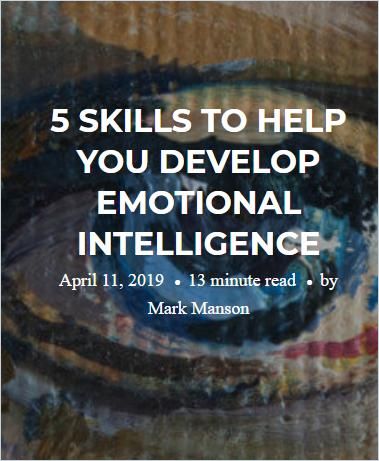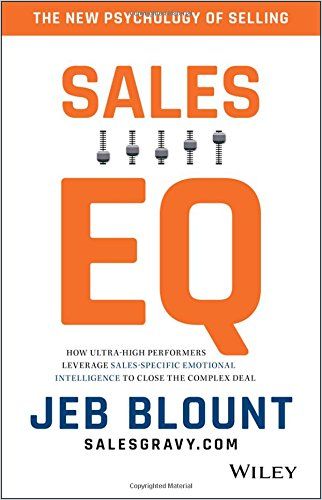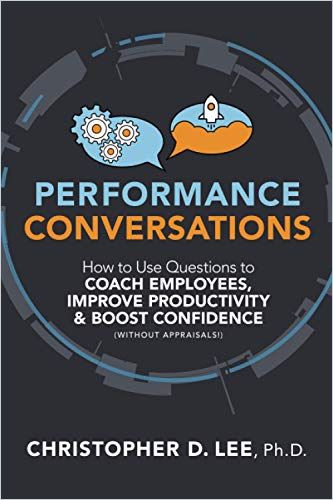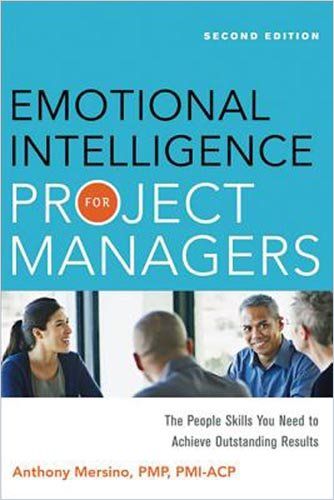Coaching for Emotional Intelligence

Psychologist Daniel Goleman coined the term “emotional intelligence.” Your “emotional quotient,” or EQ, may be more consequential to your success and happiness in life than your IQ. A person can be intellectually brilliant yet their emotional shortcomings can interfere with their relationships and cause problems. Luckily, unlike your IQ, you can improve your EQ through deliberate practice. A manager or coach can help you troubleshoot weak areas.
What is Emotional Intelligence?
You have what amounts to two independent minds, one that feels and one that thinks, says Goleman in Emotional Intelligence. The amygdala is the seat of the feeling brain. It reacts impulsively to stimuli in the environment, sometimes before a person is consciously aware of it. The thinking brain pumps the brakes. If something triggers your amygdala and your neocortex can’t control it, your strong emotion can hijack your brain, interrupt your attention and undermine rationality.
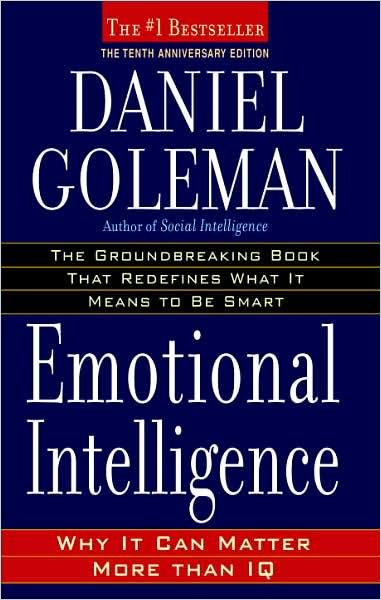
Emotional intelligence is a factor in “self-awareness, managing emotions, motivation, empathy and handling relationships.” Unconscious emotions can infect your mood and influence your behavior. Develop your self-awareness by becoming more attentive to your feelings and your thoughts about them. This is a necessary first step to managing your emotions, for instance, being able to change your bad mood.
Knowing something is right ‘in your heart’ is a different order of conviction – somehow a deeper kind of certainty – than thinking so with your rational mind.
Daniel Goleman
Learning how to manage the constant ebb and flow of emotions is a core life competency. Rage can be addicting and energizing. If you’re already angry, your mind is primed to be more easily provoked, and the resulting emotion can feel especially intense. Distractions, exercise and time alone are all potential ways to cope with anger. There are ways to handle other emotions that have the potential to overwhelm you such as depression. A coach can help people develop healthy coping habits for stressful situations.
Successful Organizations Invest in Emotional Intelligence
In Working with Emotional Intelligence, Goleman addresses how to build “emotional competencies” in the workplace. This is an ever more vital skill for businesses as they embrace team structures and coalitions to accomplish projects. Positive values such as openness and reliability are important individual as well as organizational traits. Companies that value emotional intelligence look for employees with people skills. These are people who can listen, can accept criticism, are self-motivated and, above all, who can get along with their co-workers.
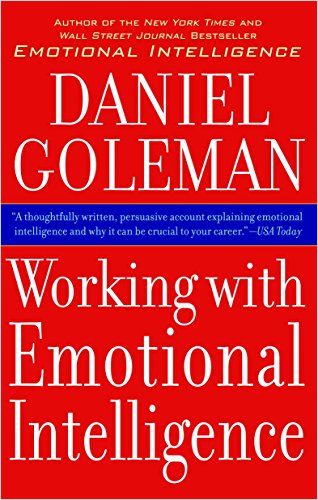
In his lecture “The Art of Managing Emotions,” Goleman says the goal of leadership is to coach people into peak performance states, or “flow.” In this optimal state, work is inspiring and feels almost effortless. It’s conducive to creativity. Leaders or coaches can help facilitate this in four ways:
- Outline clear goals.
- Provide continuous feedback.
- Challenge employees in ways that afford them opportunities to learn and grow.
- Assign projects commensurate with an employee’s skills.
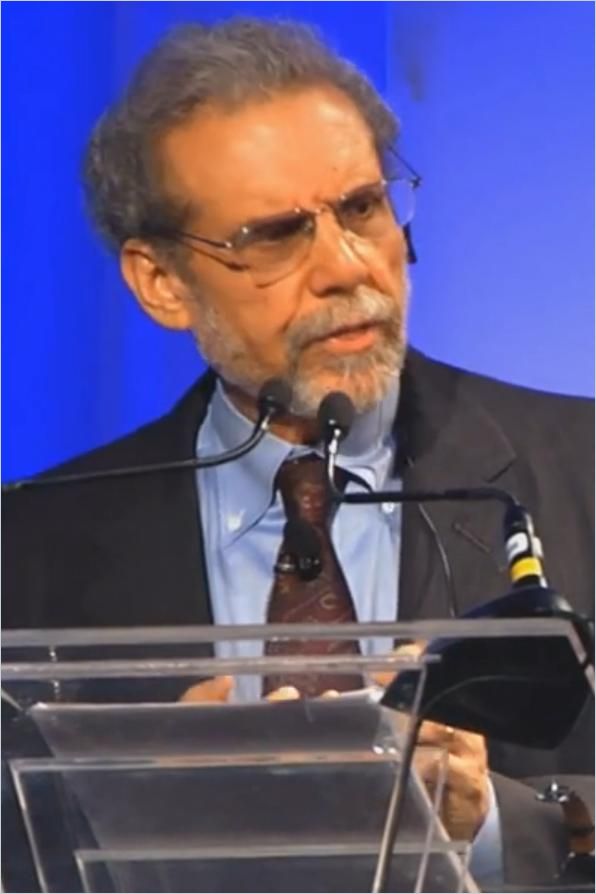
Moods are contagious, so spread a good one. Because of mirror neurons in the brain, people pick up the emotions you are signaling. Because of their position of power, bosses can employ this biological phenomenon to help employees set the right emotional tone for productive work. Remember, leaders set the example not only in their approach to work but in interpersonal approaches as well. Coaches can use the “Simmons Management Systems Profile” to assess the EQ of their clients. Some companies use this when hiring; EQ is an especially important factor in sales success. Managers who take the time to coach their employees create more independent workers, and free up more of their own time.
Influence entails handling emotions effectively in other people…Star performers are artful at sending emotional signals, which makes them powerful communicators, able to sway an audience – in short, leaders.
Daniel Goleman
To Coach Others for EQ, First Improve Your Own
When coaching others, make sure your own house is in order. Be sure you’re clear about your own goals and values. Demonstrate your own ability to ignore distracting thoughts and emotions and stay fully present in the moment. As you hone these skills, you’ll be better able to figure out sensitive office politics and act with diplomacy. In The Master Coach, Gregg Thompson recommends a “3C Coaching Model” built upon personal “character,” developing “connection” to others, and productive “conversation.”
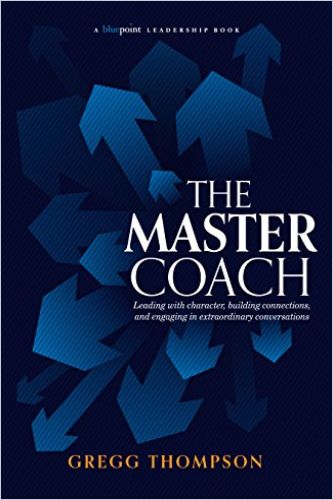
Coaching is neither therapy nor critique. Your goal as a coach is to help someone else figure out how to achieve their goals. Instead of telling them what to do, you guide them to find their own path and solutions. A coach helps professionals improve an aspect or aspects of their skill set to improve job performance. Effective coaching takes great self-awareness and the humility to put someone else first. Look past the other person’s shortcomings and offer uplift for their highest potential.
Coaching is an attitude and a commitment to having a positive influence on the lives of others. When we master this art, it is not something we turn off and on at will; it’s a way of being.
Gregg Thompson
Effective Coaching Relies on Building Rapport
Establish an emotional connection with the person you’re coaching through purposeful conversations. Sharpen your listening skills to improve empathy and to better understand other people’s perspectives. Understand the goals of those you seek to coach as a launching point for conversations about how they can best achieve them.
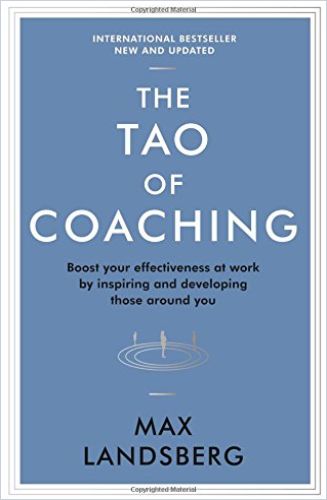
To give meaningful feedback, focus on specifics. In The Tao of Coaching, author Max Landsberg suggests the “AID” acronym – “Actions,” their “Impact” and the “Desired” outcomes – to focus your conversations. Asking questions is a great way to guide your conversation and allow your mentee to make their own discoveries about tasks, obstacles and time frames. Read Sara Kupfer’s article “How to Use Questions as a Coaching Tool” for more insight.
Goal, Reality, Options, Wrap up…That structure always seems to work if you want to have a really effective coaching session which goes beyond simply providing feedback.
Max Landsberg
In Coaching for Emotional Intelligence, executive coach Bob Wall also emphasizes conversations. Employees want and need feedback about their job performance. Recognize and reward behaviors you wish to encourage. Encourage employees to think of coaching as a partnership meant to improve performance and lead to greater career success. Keep your comments professional. The best results come when your mentees believe you genuinely care about their improvement.
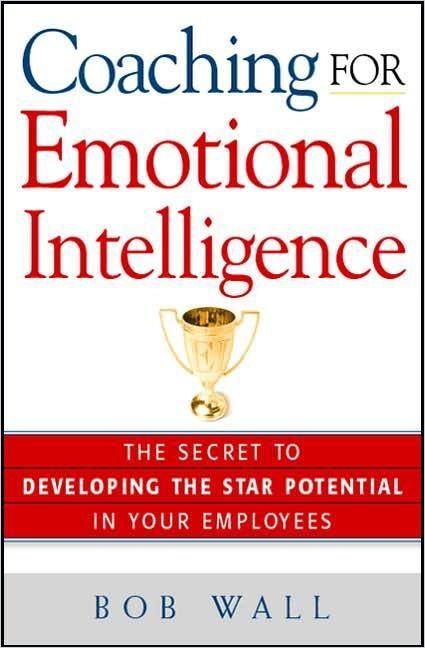
Frequent informal feedback in the moment yields great results and takes less than a minute. Begin each short session with the same sentence such as, “I’d like to talk to you about…” to differentiate a coaching moment from other conversations. Listen carefully if you’re doing corrective coaching to be sure your message is getting through and that there aren’t any previously unforeseen obstacles to execution. Hold more structured conversations when the spontaneous approach doesn’t work.
The ability to leverage diversity revolves around three skills: getting along well with people who are different, appreciating the unique ways others may operate, and seizing whatever business opportunity these unique approaches might offer.
Daniel Goleman
When coaching for teamwork, be aware of and respect cross-cultural differences. This means “zero tolerance for intolerance.” Focus on what people have in common. Model open communication and willingness to improve based on feedback. When leaders value their employee’s contribution, it boosts the EQ of the entire organization.
Learn more about Emotional Intelligence and coaching others:




